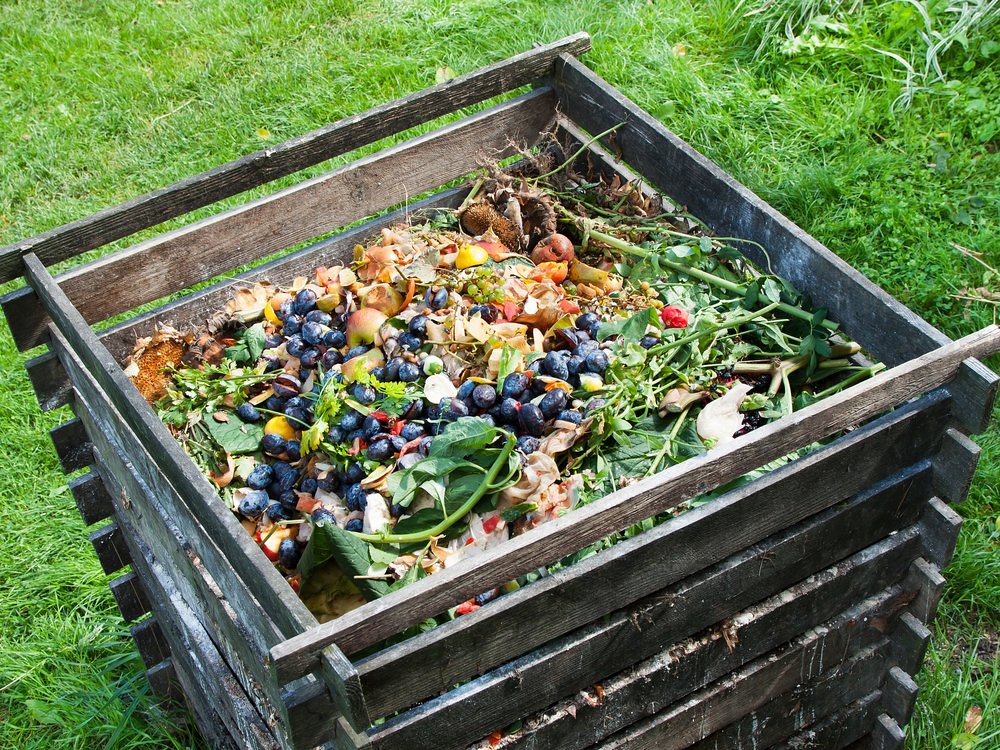Composting is one of the easiest and most effective ways to reduce waste and create nutrient-rich soil for your garden. Many people think composting is complicated, but with the right approach, anyone can start at home—even in small spaces. Here’s a simple guide to get started in three easy steps.
The first step is deciding how you want to compost. There are a few options depending on your space and needs. Outdoor bins or piles are ideal for backyards or gardens; you can use a simple bin or just a pile covered with a tarp. Tumbler composters are sealed containers that you can rotate, perfect for faster decomposition and keeping pests away. If you live in an apartment, a small indoor bin with worms, called vermicomposting, can turn kitchen scraps into compost efficiently. Choose a method that fits your space and lifestyle, as you’ll be more likely to stick with it.
Next, collect the right materials. Composting works best when you balance “greens” and “browns.” Greens are nitrogen-rich items such as vegetable scraps, fruit peels, coffee grounds, tea leaves, and grass clippings. Browns are carbon-rich materials like dry leaves, shredded newspaper, cardboard, or straw. Avoid composting meat, dairy, oily foods, or pet waste, as these can attract pests and create bad odors. Chopping larger scraps into smaller pieces also speeds up decomposition.
Once your bin is set up with the right materials, proper maintenance is key. Turn or stir your compost every one to two weeks to introduce oxygen, which helps break down the materials faster. Make sure the compost feels like a damp sponge—add water if it’s too dry, or add browns if it’s too wet. Compost can take a few weeks to several months to be ready, depending on the method you choose. Finished compost will be dark, crumbly, and smell earthy. If you’re using worms, avoid overfeeding and keep the bin in a cool, dark spot.
Starting composting at home not only reduces waste but also improves soil health by adding nutrients and enhancing soil structure for your plants. It can save money by reducing the need for chemical fertilizers and is an eco-friendly way to reduce greenhouse gas emissions from organic waste. By following these three simple steps—choosing your method, collecting the right materials, and maintaining your compost—you can turn everyday food scraps into valuable resources for your garden. Start today, and you’ll be nurturing your plants while contributing to a greener planet.


























